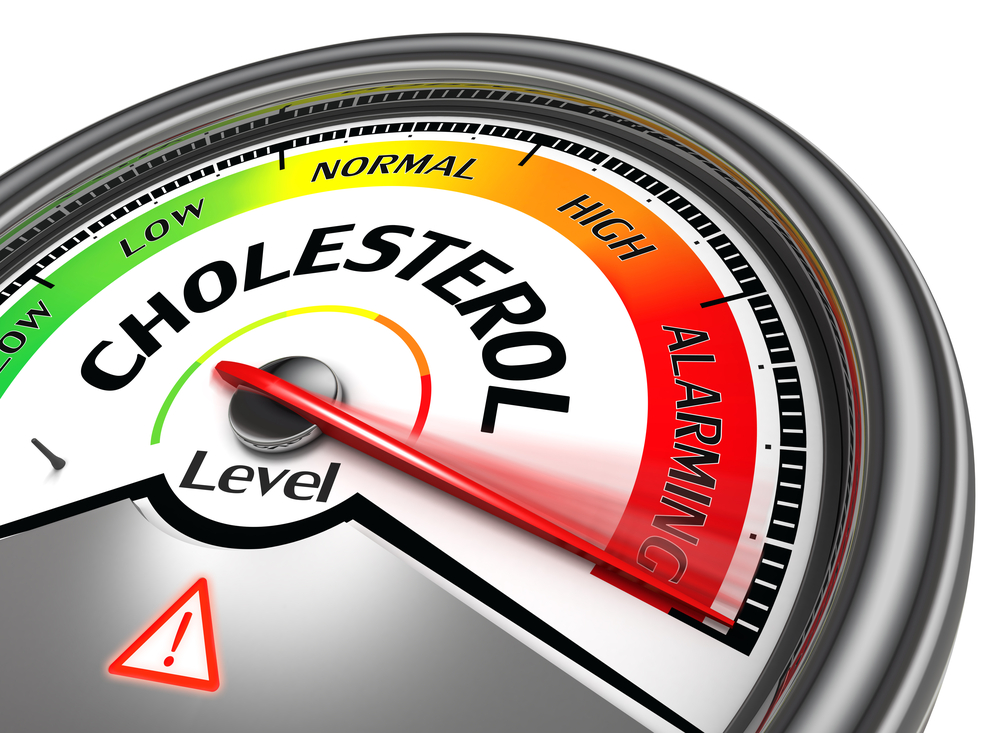
It’s easy to think that among all the high cholesterol causes, there’s really only one that matters, and that’s what you eat. We’re always being told that there are foods that are high in cholesterol and that this makes them bad for us.
That said, there are far more high cholesterol causes than just that, and many of them can have just as much impact, if not more, on our risk of testing higher levels in our bloodstreams. Before deciding on a specific health strategy or assuming that the condition is not in your control and you must therefore rely on medications for the rest of your life, consider learning more about what affects it and which changes you can make.
The following are the most common high cholesterol causes. Check them out and consider the changes you can make to your lifestyle to help you to overcome the influences that you can:
• Your diet
Yes, the foods you eat on a regular basis do have an impact on your cholesterol levels. If you regularly eat too much trans fat, saturated fat, and food containing cholesterol, this can be a factor in your own blood levels.
• Smoking
Smoking tobacco products and vaping can reduce good cholesterol levels. Quitting can rapidly remedy that issue.
• Your body weight
If you are overweight or obese, your risk of high cholesterol levels increases regardless of what you’re eating. Carrying a higher than normal amount of body fat can reduce good cholesterol levels (HDL) and raise the triglycerides in your bloodstream. Taking on a healthier lifestyle and using one of the best weight loss pills can help you to achieve a lower BMI and reduce your risk.
• Your fitness level
Studies show a direct relationship between the amount of physical activity a person takes on in a day and the amount of HDL in the bloodstream. The more sedentary you are, the lower your good cholesterol levels may be.
• Your age
After your 20th birthday, your cholesterol levels will naturally start to gradually rise. Men typically find that the figure rises more quickly, then levels off around the age of 50 years old. Women see a slower increase in their levels until menopause when it rapidly rises to catch up with their male counterparts.
• Certain diseases and medications
Some illnesses such as chronic kidney disease, hypothyroidism, and some forms of liver disease can increase your cholesterol levels, while medications to treat other illnesses such as beta-blockers, estrogen, thiazine diuretics and corticosteroids can also have this effect.
• Genetics
If your family – particularly your immediate family – has high cholesterol, you are more likely to have it, too.
* This article is for informational purposes only and not to be taken as medical advice. Always consult with your doctor before making any changes to your medications, supplements, diet, or exercise routine.